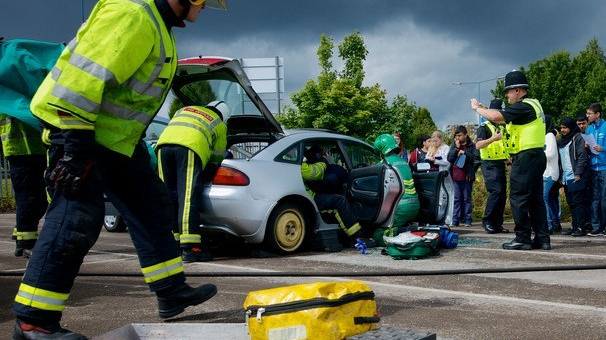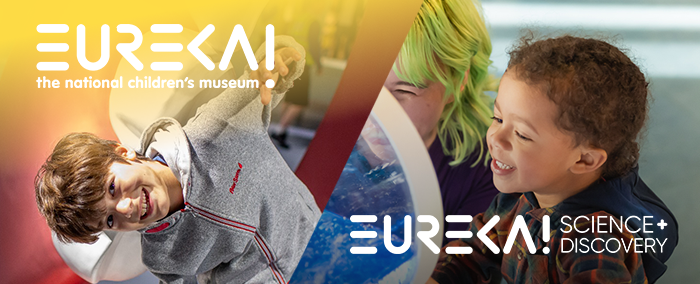At home we try and turn off the news if he’s in the room, but he often has questions having heard about world events, or media stories which other children have talked about, or which have been discussed by adults around him.
He’s seven, and beginning to realise that the world is not only full of wonderful people, but also people who want to hurt other people. Scooby-doo storylines are not so far removed from the real world anymore; there are people who pretend to be things they’re not, and there are those who are just simply bad people who do bad things. And there’s nothing he can do about it.
As a parent who is supposed to be confident and not too bad with words… I should have been able to pull out a perfectly reasonable explanation for the questions he was asking me… but instead I found myself umming and ahhing, and tied up with internal wrangling about whether what I was saying was politically correct, more confusing or scary, too much information or just plain useless!
I suspect that as he grows up there will be more conversations like this, with increasingly difficult topics and requiring increasingly sophisticated answers on my behalf. So, I’ve done a bit of reading around how to talk to your children about difficult topics, so I feel better prepared for next time.
There seems to be two overwhelmingly good pieces of advice out there.
One, reassure your child that they are loved and safe. Over and over again if necessary. World events, news reports, social media content can all be so scary to a young child, and to older children, and even if you can’t answer specific questions (or choose not to) your child is essentially asking you for reassurance.
And the second one, is to ‘look for the helpers’. In most situations there are people involved in the story who are there to help. Recent earthquakes in Italy have shown collapsed buildings with news of many people killed, but the pictures almost always show teams of people searching for survivors. Campaigns for fundraising often utilise images of children in dire circumstances or badly treated animals, and although designed to tug on the heartstrings of adults, or to galvanise us into action, they be very distressing for children to see. It’s hard to forget a picture of a starving dog, or a distressed refugee child, but the point of these images is to raise money to help.
And it’s this side of the story that it’s suggested you focus on. If you can, involve your child in some action to show that you are trying to help (actually donate that £3 they’re asking for and involve your child in doing so), or talk about all the emergency workers that are involved in helping the people who need it.
Children often play out situations they’ve seen or heard about which they need to try and understand. This can be very helpful if you want to help your child come to terms with a distressing situation. Games can be steered to focus on the helpers… introduce a field hospital, ambulance drivers, food parcel drops into the games and focus on the good and proactive way to help the situation.
Most importantly, my research has made me understand that there is no handy top five tips for talking to your children about difficult topics, each child is different, each child has had a different experience and will need to be dealt with in a truly unique and individual way. As parents we are privileged to understand our children better that anyone else, and therefore whenever difficult conversations arise, trust your instinct, trust your understanding of your own child, and deal with the question as confidently and carefully as you feel you need to.
This blog originally appeared as a column in the Halifax Courier


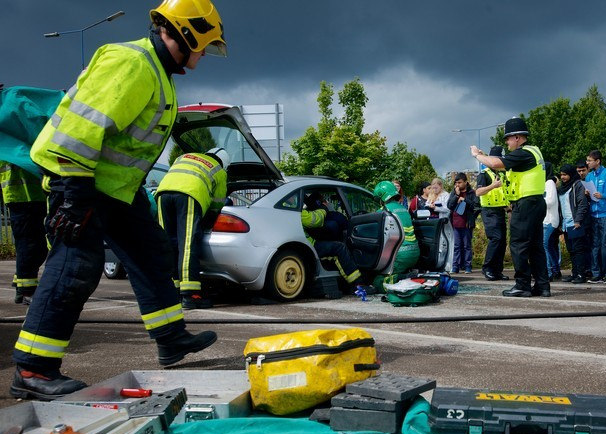
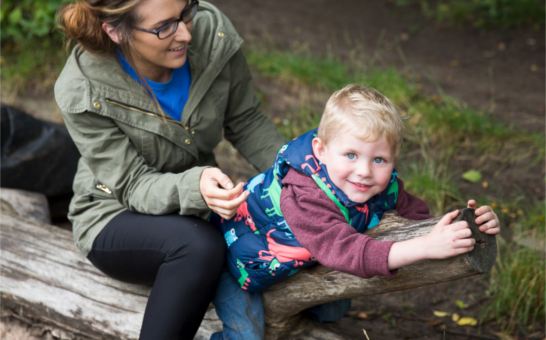
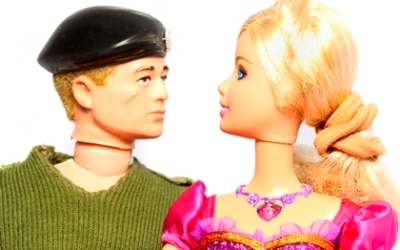
 By: Sophie Ballinger
By: Sophie Ballinger